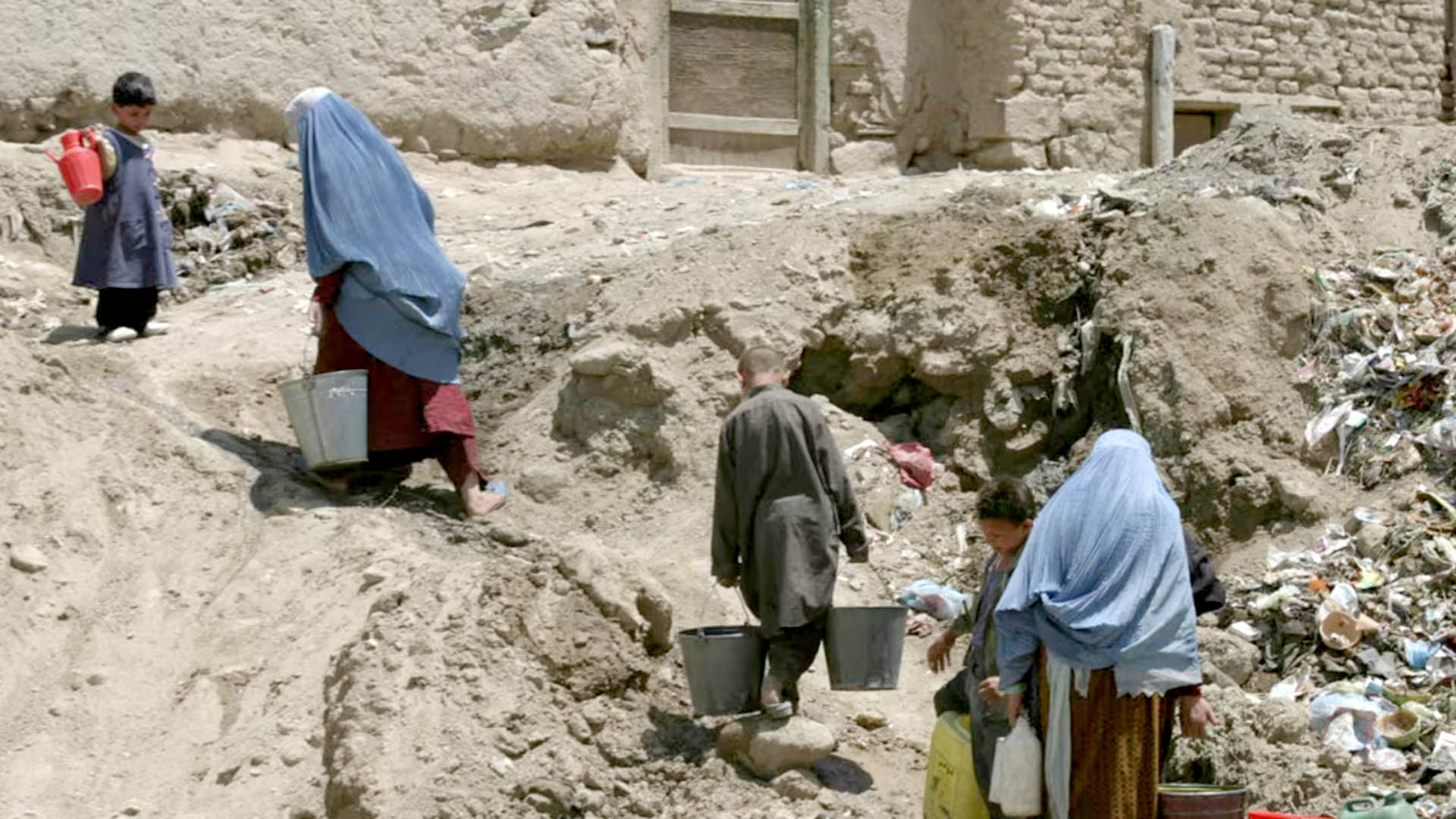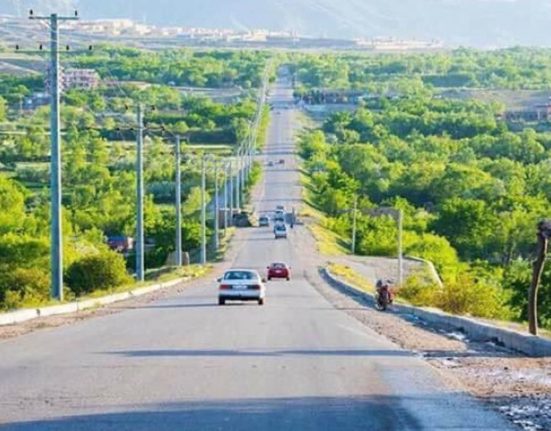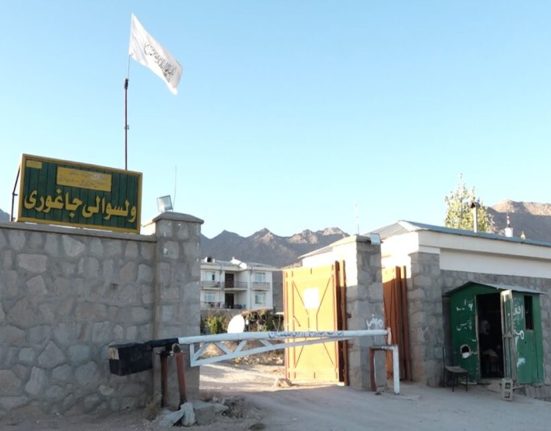
The United Nations Development Program (UNDP) has announced in a new report that 139,000 Afghan families have access to clean water, while warning of the widespread consequences of the water shortage crisis in the country.
The report, released on Thursday, July 25, stated that the lack of water resources in many regions of Afghanistan has had a negative impact on migration, agriculture and people’s livelihoods.
The organization emphasized that the greatest pressure from the water crisis falls on the shoulders of women.
According to the statistics provided, more than 80 water canals and 10 small dams (chakdam) have been built in different regions of the country to reduce the effects of water shortages.
According to the UNDP, the reconstruction of karez and the development of water infrastructure in provinces such as Kandahar, Zabul and Nangarhar have played an important role in reviving agriculture, reducing migration and increasing the resilience of local communities.
This is while the United Nations and affiliated organizations have repeatedly warned about the intensification of the effects of climate change in Afghanistan and have declared the water shortage crisis one of the serious challenges facing the country.







